THE 11th of October saw Michael Noonan announce his sixth budget and since then we have seen the Finance Bill published with one or two changes along the way. The Finance Bill has been passed by Dáil Éireann and is due to be enacted in mid-December when signed by the President.
The Finance Bill includes a host of measures, some of which may impact those working in the bloodstock/equine industry.
Key industry related measures include:
We have focused in a little more detail below on some of the principle changes.
Income averaging -
‘Bad Year’ tax break
option
Income averaging allows farmers to opt to average their tax liability over five years, such that instead of being charged income tax in the normal way (on the profits of a 12 month period ending in the year of assessment) they are charged on the basis of the average of the aggregate farming profits and losses over five years.
Budget 2017 has modified this option, with farmers facing an exceptionally poor year now being allowed to “step out” of the five year income averaging and pay on a current year basis. This may be availed of for the 2016 tax year so could have been of benefit for those due to pay preliminary tax this November.
The deferred tax liability is added in four equal instalments to the taxable income for the subsequent four years; the mechanism can provide much needed cash-flow assistance in the year claimed.
Taxes and initiatives
for business
This area, while not receiving any major innovation in terms of tax initiatives, was the recipient of further bolstering and support mechanisms in Budget 2017.
Enhancement of
Entrepreneur’s Relief
The 20% rate of CGT (general rate 33%) introduced by way of Entrepreneur’s Relief in the Finance Act 2015, on disposals by entrepreneurs of certain business assets or shares, has been reduced to 10%. There has been no change to the €1m lifetime limit of qualifying capital gains.
While the reduced CGT rate has been welcomed by the business community in general, a number of commentators have voiced concern that maintaining the cap of €1m will discourage entrepreneurs building/scaling businesses to a significant size. In this regard, it is notable that the UK, one of our biggest competitors for start-up and growing business, has a lifetime limit of £10m.
Minister Noonan has indicated that he will review this limit in future budgets.
Capital Acquisitions Tax
The increases in the tax free thresholds for gifts and inheritances was widely expected. The changes can be seen in Table 1.
While there was no change in the CAT rate of 33%, the increased tax free threshold amounts are welcomed. In particular and by way of illustration, a business owner who wishes to pass on the family company/business to the next generation and who can avail of the 90% Business Asset Relief, will now pay a reduced amount of CAT on any value of the business in excess of the 90% relief and which is within the confines of the Group A parent to child tax free amount of €310,000.
Incentivising your
employees
Budget 2017 has also seen an increase in the minimum wage from €9.15 to €9.25 from the 1st of January 2017.
In addition, the introduction by the Finance Act 2015 of the once-off, non-cash gifts to employees up to the value of €500 per year should be borne in mind if rewarding employees this Christmas. This benefit is provided in the form of a voucher or gift card, which allows for non-cash rewards to be made without the employee being liable for income tax, pay-related social insurance (PRSI), the universal social charge or benefit-in-kind (BIK) tax. It is a useful mechanism for businesses to reward their employees tax free.
Personal wealth
planning
The Finance Act 2016 will oversee the introduction of a major overhaul of the availability of dwelling house relief. Prior to Budget 2017, a dwelling house and an accompanying area up to one acre could be taken tax free as either a gift or inheritance provided the relevant conditions had been met in each case.
Under the new regime, the relief will no longer apply to a gift of a dwelling house except in a case where the property is gifted to a dependent relative. A dependent relative is defined under the Finance Bill 2016 as someone who is:
The revised conditions for the relief are as follows:
As such, the relief will now mainly apply to inheritances only of a qualifying property and the conditions will effectively only be satisfied where the disponer and the donee live in the property together at the date of death/inheritance.
This restricts the previous benefit of this relief as a wealth tax planning tool whereby parents of substantial means could purchase a property for a child, allow the child to live in the property for three years and then gift that property, tax free, to the child.
CONCLUSION
Budget 2017, while cautious in its approach, contains some measures which may assist those operating in Ireland’s bloodstock/equine sectors.
In addition to the specific taxation measures discussed above, ranging from personal wealth planning to extended and enhanced tax incentives for those in business in their own account in Ireland, the Irish racing sector is to receive a Government grant of almost €64m in 2017.
This represents a €4.8m increase on the 2016 grant and is the 3rd consecutive such increase delivered by Michael Noonan to the sector.
Should you wish to discuss any of the Budget or Finance Bill changes and their impact on your business or personal financial outlook, please do not hesitate to contact Sasha Kerins, Tax Partner with Grant Thornton.
Email: Sasha.Kerins@ie.gt.com
Tel: 045-449322
Example €
Value of Business 3.1m
90% Business Asset Relief (2.79k)
Remaining value 310k
Group A Tax free amount (310k)
Capital Acquisitions Tax Nil
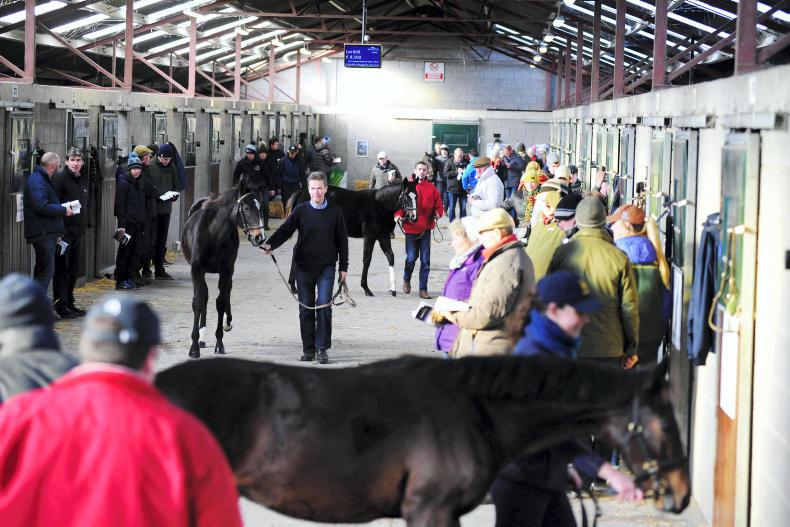

 This is a subscriber-only article
This is a subscriber-only article
 It looks like you're browsing in private mode
It looks like you're browsing in private mode





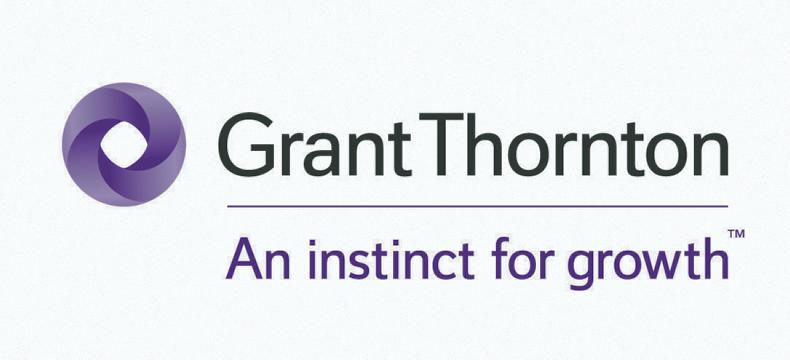
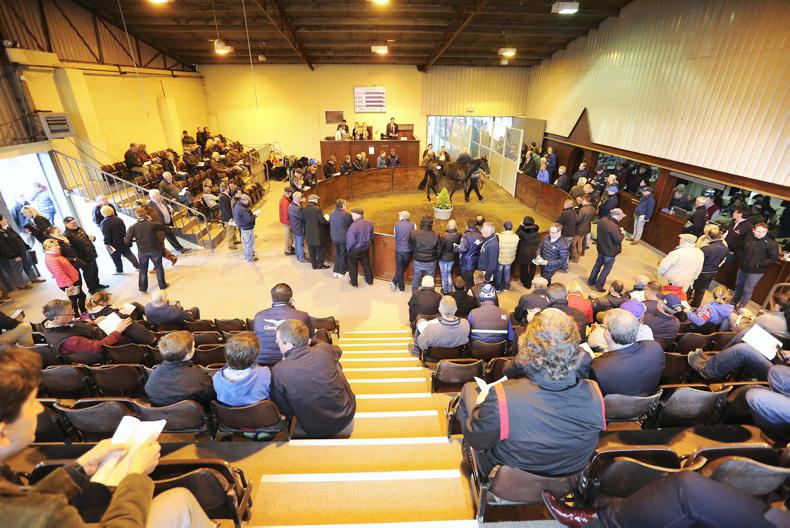


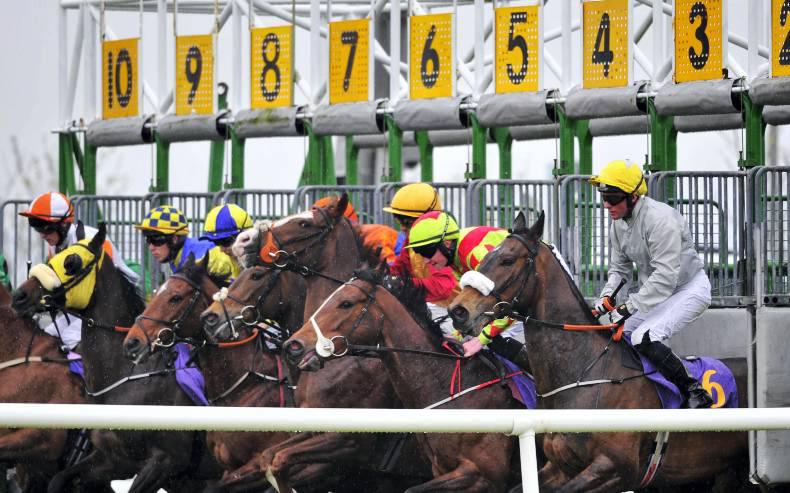
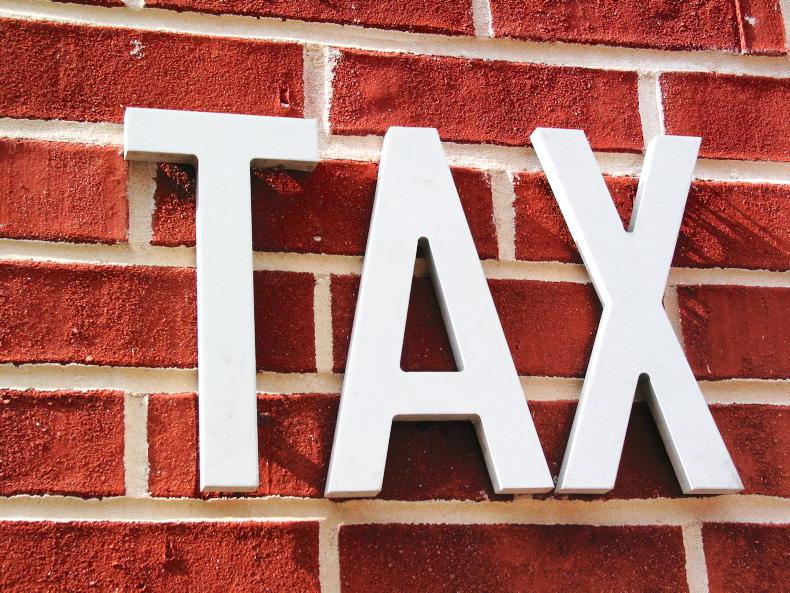


SHARING OPTIONS: